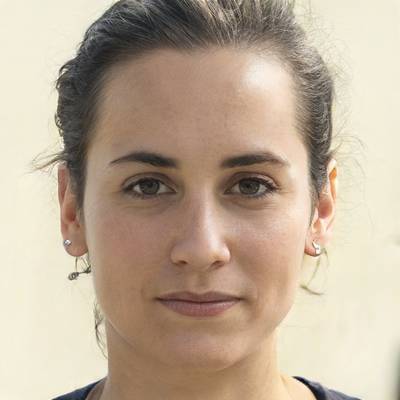Many ex-athletes have admitted to Cannabis use which is a drug in violation of sports anti-doping policies. Darren Heitner of Forbes wrote an article on the use of Cannabis in professional sports and found that it has great benefits for pain and inflammation. In fact the BIG3 basketball league legalized Cannabis use among athletes (Heitner, Darren.). So this begs the question, what classifies as doping anymore?
As described by the American Medical Society for Sports Medicine ``''Doping'' refers to the use of banned substances in professional sports.”. This means that any drug on the prohibited substances list is strictly off-limits to all athletes (Thurston, McKennan J., and Jonathan T. Finnoff.). This rule sets a health standard for all athletes so that they are at maximum performance levels and are not causing self harm. It also makes sure that no athlete gains an unfair advantage through Performance Enhancing Drugs. In 2000 Lance Armstrong used PEDs to gain an edge against his opponents in the Tour De France. an elite cycling race meant for the best of the best, Armstrong admitted to doping on all counts of which he was accused. But what does this mean? Lance Armstrong was an idol because of his virtual dominance in cycling, not unlike the amount of fame Tiger Woods had for what is called Tiger Woods’ reign. Armstrong used blood doping in specific which makes red blood cells able to carry more oxygen and increase the ability to fight against lactic acid build-up ('Blood Doping: Lance Armstrong and the USPS Pro Cycling Team.'). This is a direct violation of the Union Cycliste Internationale anti-doping rules which prohibits blood-doping.
Human growth hormones,or HGH, increase muscle, decrease body fat, and helps recovery. HGH is commonly used for children with hypopituitarism which is a defect in the pituitary gland which controls growth (Holt, R. I. G., and P. H. Sönksen.). Everybody will already have these hormones in their body, that's not the problem. The problem is using external HGH to improve training and athletic performance. Competitors are able to build themselves up and can keep going for harder, and longer while on these hormones. This means athletes are train harder in shorter amounts of time because they don’t need as much recovery time as other athletes. It also means that an athlete can put out more power with more endurance during a competition than their peers through illegal means. Using HGH is illegal in all major professional sports. It is very hard to test however because of its natural presence in everyones body('Human Growth Hormone (HGH) Testing.').
What makes an athlete better from using Cannabinoids? In short, it doesn’t. Cannabis has been praised in recent times for its health benefits both mentally and physically, and has come a long way from it’s negative connotations associated with drug abuse and social burnouts. Cannabis has two main parts THC and CBD. Tetrahydrocannabinol or THC attaches with the receptors in your brain which cause a feeling of euphoria and calmness. Cannabidoil or CBD attaches to receptors in the body which attack pain and inflammation. When coupled with each other, a feeling of calmness and muscle relaxation occurs making people feel very comfortable with little to no pain (Holland, Kimberly.).
This means that after a big football game athletes are able to use this to soothe the pain from the game and rest easy. It does not provide benefits that enhance a players performance which makes it a very attractive remedy for post-competition injuries. CBD has been known to also help with anxiety without altering an athlete's competency, many athletes are pushing to take Cannabis off the banned substances list because of this. Broncos player Nate Jackson is an advocate for cannabis. When he joined the NFL he was given opioids to deal with pain and sleeping problems. Opioids are addictive and can become a serious problem, as it can become the only thing that the athletes feel really helps them. Jackson found that using Cannabis helped him get a good night's sleep, less pain, and less inflammation all while maintaining a great mindset (Hutsell, Melissa.). This did not however make him a better athlete. It just allows players to live comfortable lives and do what they love.
Should doping be re-defined with recent medical studies and athlete testimonies? The rules that surround doping are not entirely untrue, some drugs do give players an unfair advantage. But other drugs like Cannabis only give players peace of mind which just lets them live happier lives. Doping no longer means what it used to. For some players the anti-doping rules hurt players more than they help them which is what makes doping so controversial. Making performance enhancing drugs legal will not help progress sports but revising the lists of banned substances in certain sports could certainly let athlete lead happier more fulfilling lives. Cannabis should not be classified as doping in sports today.
Cite this Essay
To export a reference to this article please select a referencing style below

